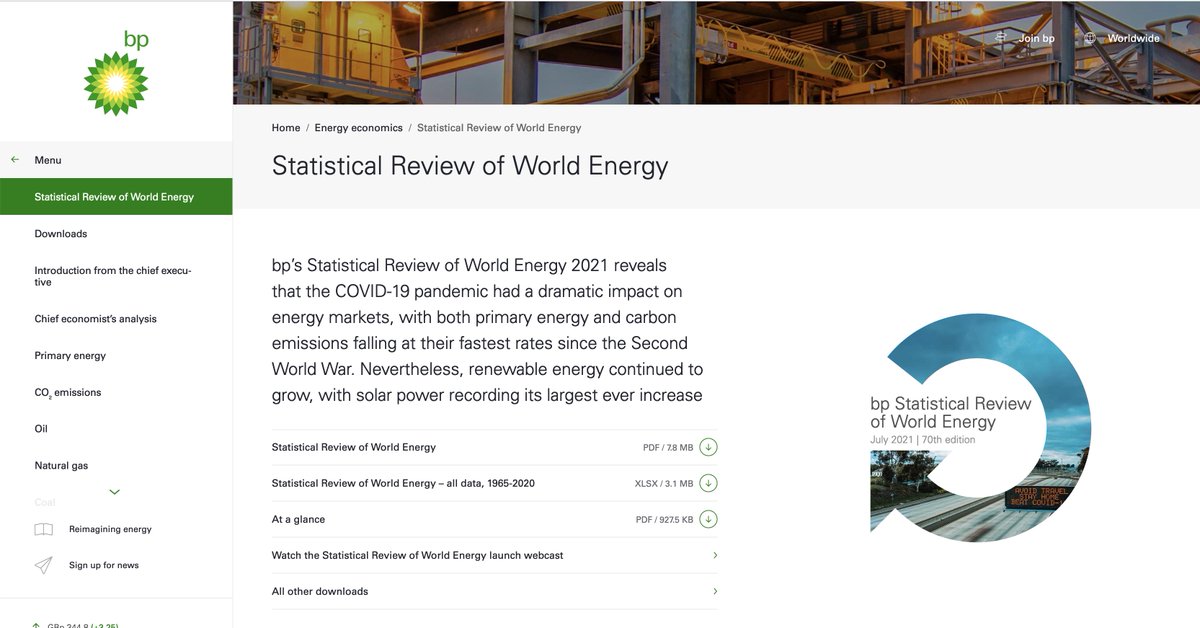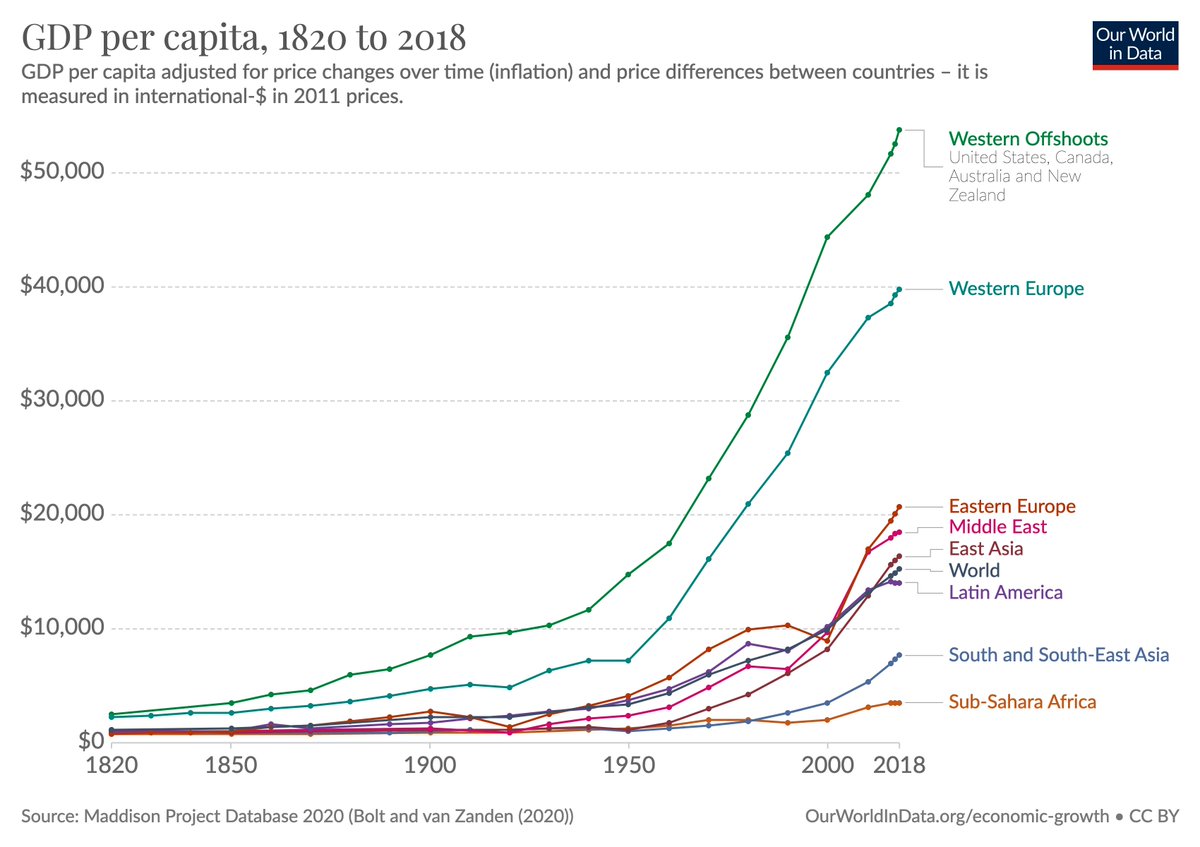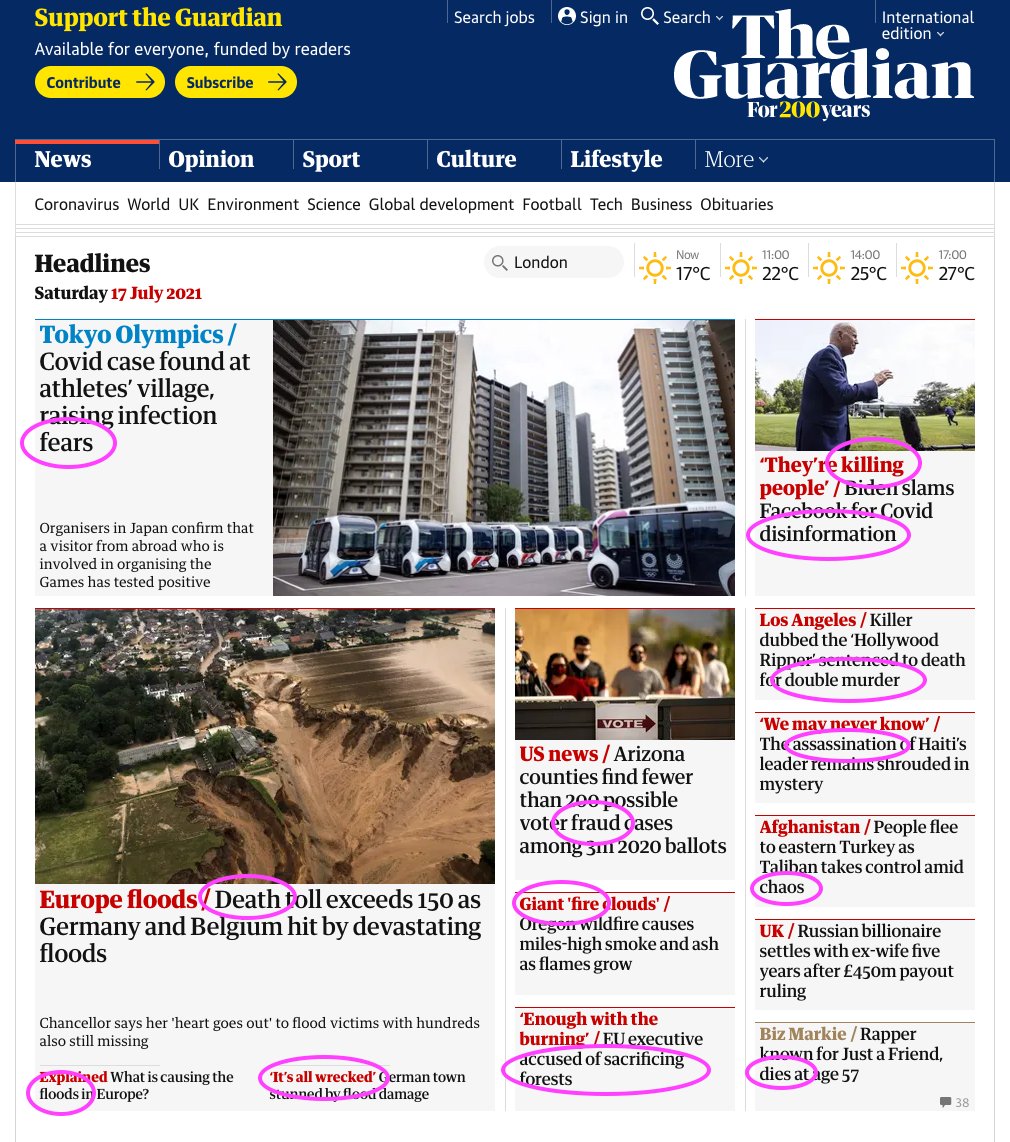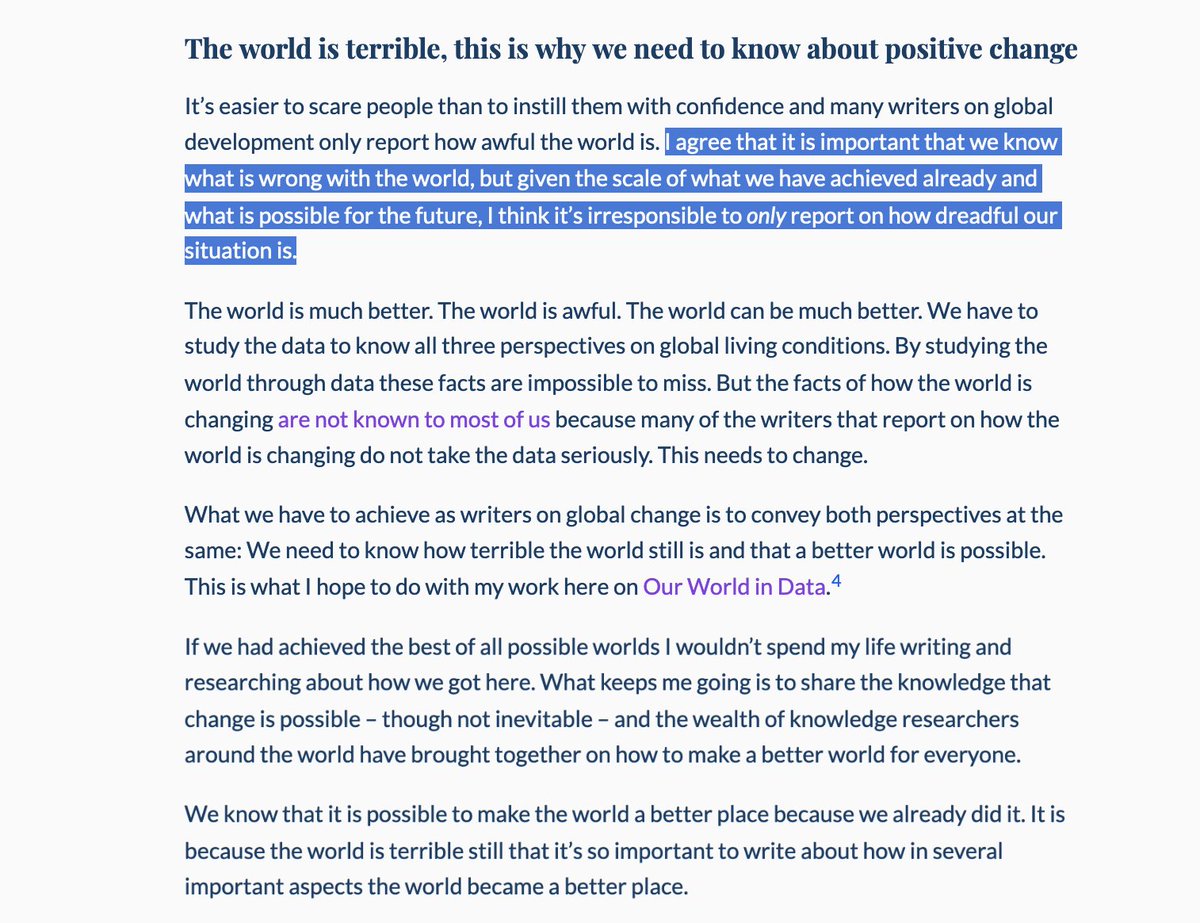
My new post with @_HannahRitchie is out.
We are trying to improve the situation of the @IEA.
The title is: ‘The IEA publishes the detailed, global energy data we all need, but its funders force it behind paywalls. Let’s ask them to change it.’ ourworldindata.org/iea-open-data
We are trying to improve the situation of the @IEA.
The title is: ‘The IEA publishes the detailed, global energy data we all need, but its funders force it behind paywalls. Let’s ask them to change it.’ ourworldindata.org/iea-open-data
As we explained in that post, it’s the energy ministers who are responsible. They could change it and make this data and research available to the public.
If you want to help, you can write to them and tell them that the public needs this data
If you want to help, you can write to them and tell them that the public needs this data
https://twitter.com/maxcroser/status/1446187868712579080
The prices for access to some of the @iea's datasets are incredibly high. For example a single license for this dataset costs €1400. 

The @IEA wants to be at the heart of the public discussion. But they are not.
Because the publicly funded @IEA keeps their data behind paywalls, the public conversation instead relies on data provided by the fossil-fuel multinational BP.
Because the publicly funded @IEA keeps their data behind paywalls, the public conversation instead relies on data provided by the fossil-fuel multinational BP.

In their mission statement the @IEA says that they are at the heart of the global dialogue.
They are not. Their data can only be discussed behind closed doors by those who are willing to pay.
The IEA's funders make it impossible for the @IEA to achieve their mission.
They are not. Their data can only be discussed behind closed doors by those who are willing to pay.
The IEA's funders make it impossible for the @IEA to achieve their mission.

• • •
Missing some Tweet in this thread? You can try to
force a refresh








